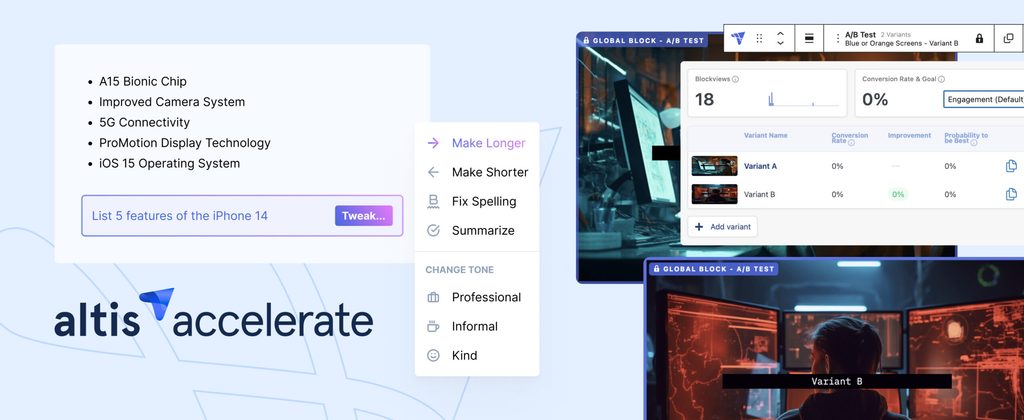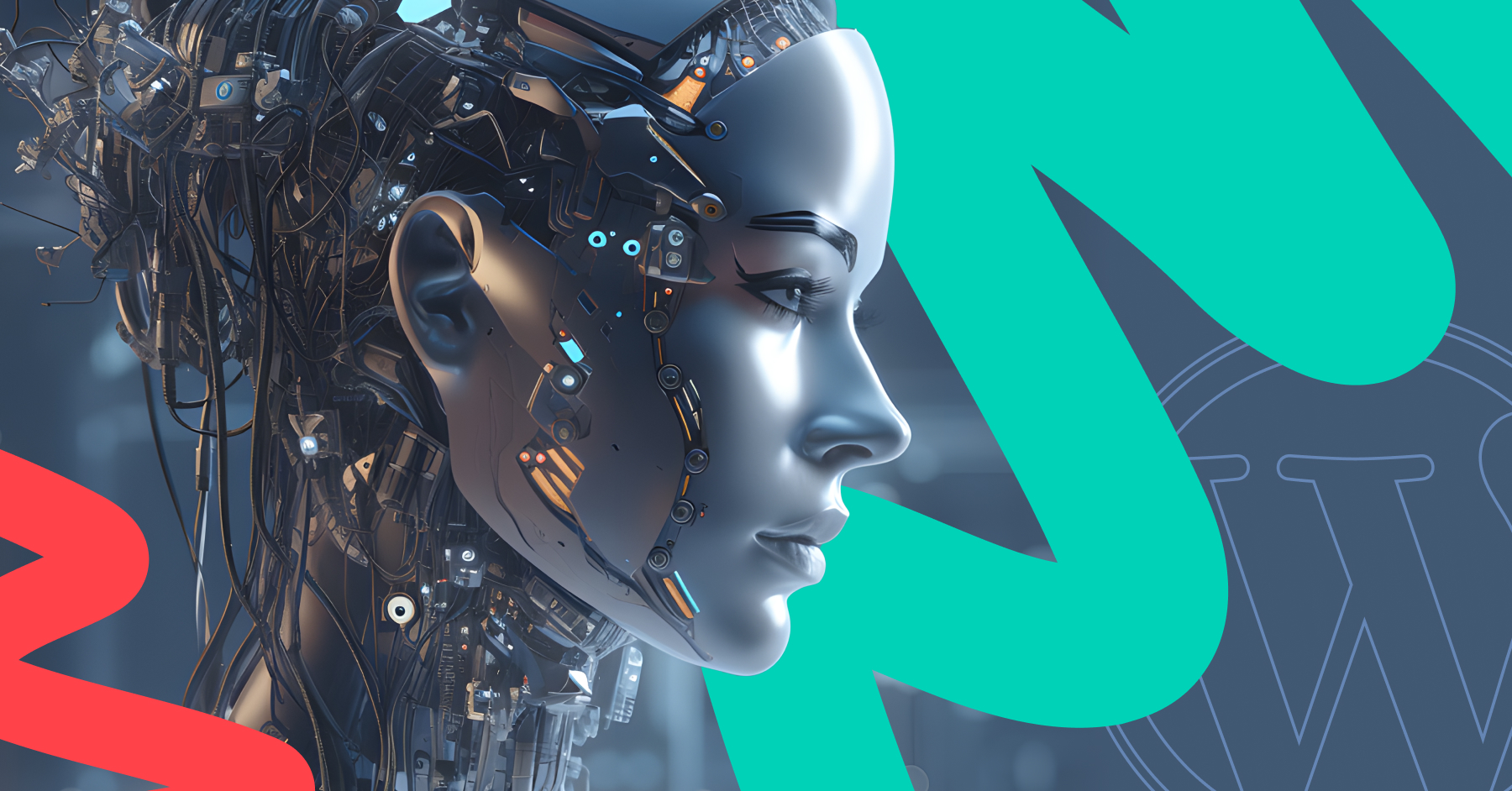Enterprises globally are experiencing a seismic shift in the way marketing budgets are allocated and evaluated, courtesy of AI’s unparalleled analytical capabilities. As we delve into the impact of AI on marketing within enterprise organisations, a pivotal area to focus on is its ability to maximise return on investment (ROI) in marketing spend.
AI across the marketing ecosystem
Modern marketing is a complex ecosystem involving various channels – social media, search engines, email campaigns, and more. Traditionally, assessing the performance of each of these channels and optimising marketing budgets has been an arduous and imprecise task. However, the advent of AI is rapidly changing this narrative, enabling a data-driven approach to budget allocation and optimisation.
One of the most salient use cases of AI in maximising marketing ROI is its application in attribution modelling. Attribution modelling involves identifying the various touch points a customer interacts with before making a purchase. By understanding the customer journey, businesses can better allocate their marketing resources to the channels that contribute the most to customer conversion. Machine learning algorithms can parse through vast amounts of customer data, analysing the influence of various touch points on customer purchasing decisions.
AI & advertising
AI also holds transformative potential in enhancing the effectiveness of programmatic advertising, thereby increasing marketing ROI. Programmatic advertising involves using AI to automate the buying and selling of ad impressions, targeting specific audiences in real-time. This real-time bidding for advertising space, powered by machine learning algorithms, allows businesses to reach their target audience at the right time, on the right platform, enhancing the impact of their advertising efforts.
Procter & Gamble, one of the largest advertisers globally, uses AI-driven programmatic advertising extensively. Through the analysis of large datasets, P&G’s AI systems determine the optimal time, location, and format for each ad, maximising the impact of every advertising dollar spent.

Moreover, AI is playing an instrumental role in marketing campaign testing. Traditionally, A/B testing has been a commonly used method to evaluate the effectiveness of different marketing strategies. However, with the incorporation of AI, enterprises can perform multivariate testing. This involves testing multiple variables simultaneously, allowing businesses to identify the most effective combinations of marketing strategies. The analytical prowess of AI can parse through the results of multivariate tests, delivering actionable insights that drive marketing ROI.
AI-powered marketing solutions
AI’s role in maximising marketing ROI isn’t confined to the enterprise domain. Many marketing technology companies, such as Adobe with its ‘Adobe Sensei‘ platform, offer AI-driven marketing solutions that can predict customer behaviour, personalise customer experiences, and optimise marketing spends.
Similarly, Altis’ Accelerate platform is an all-in-one solution for marketers looking to supercharge their outputs, with capabilities raging from personalisation, A/B testing, and internal ads, all the way to integrated AI – with Accelerate, users can auto-generate content and layout for blocks, excerpts, SEO fields and more.

The near-term future of AI in marketing ROI looks promising. As machine learning algorithms become increasingly sophisticated, their ability to analyse customer data and optimise marketing budgets will only improve. The era of guesswork in marketing budget allocation is on the wane, making way for an era of data-driven, AI-optimised marketing strategies that promise maximised ROI.
